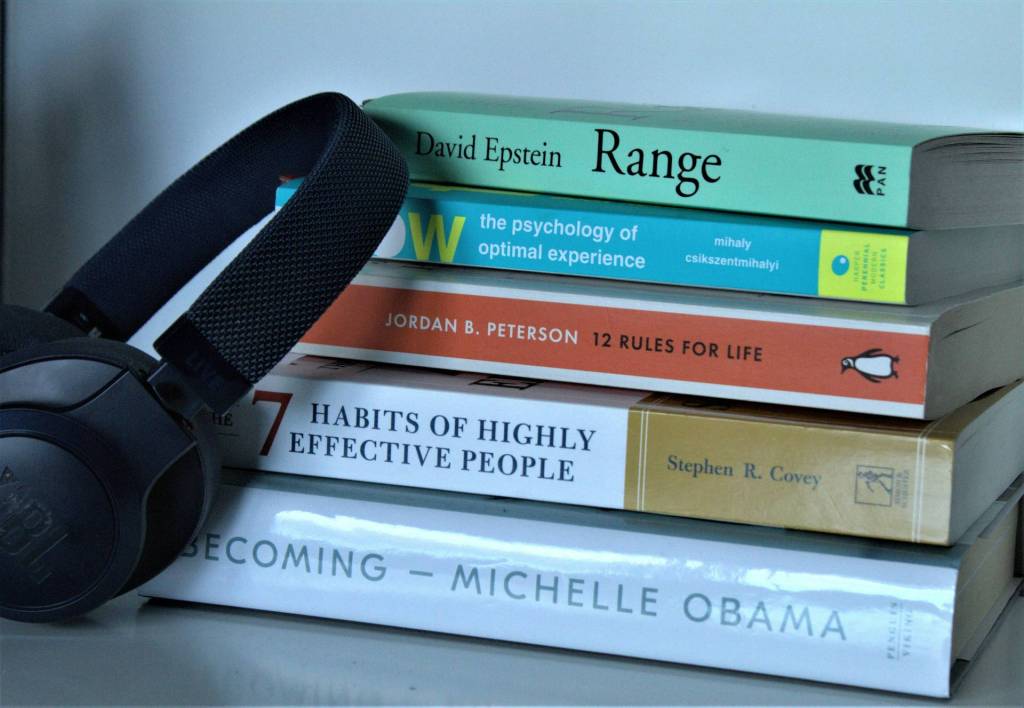In Debora Spar’s book, Wonder Women: Sex, Power, and the Quest for Perfection, the Barnard college President writes that striving for perfection is a futile goal and it will only lead to frustration and unhappiness. Debora Spar never thought of herself as a feminist. Raised after the tumult of the 1960s, she presumed the gender war was over. As one of the youngest female professors to be tenured at Harvard Business School and a mother of three, she swore to young women that they could have it all. “We thought we could just glide into the new era of equality, with babies, board seats, and husbands in tow,” she writes. “We were wrong.” Spar says it’s time to change course and for women to recognize that in order for us to achieve real progress we’ll need to integrate a dose of realism into our life goals.
Spar persuasively argues that the best and the brightest people can’t achieve it, including her. In a recent speech, she shared a personal story about her own aspirations, successes and failures. Debora says that despite holding a PhD in Political Science and making it to the top of her field in education as a tenured professor at Harvard, she still struggled as a working parent. She was unable to meet her children’s needs and maintain the quality of her work. The frustration and stress made her feel inadequate; things spiral out of control when you think you need to be ‘perfect.’
Drawing on extensive research and personal knowledge she’s gleaned as president of Barnard college-where she observes young women striving for perfection every day as well as a working parent and former professor she calls on all women to “kill the myths” that make them feel inadequate. “Feminism,” Spar says, “was meant to remove a fixed set of expectations; instead, we now interpret it as a route to personal perfection. Because we feel we can do anything, we feel we have to do everything.”
The dilemma that most working women and many men feel as well today is that we’re expected to be everything; smart, ambitious people who can have a career and manage our family life. But Spar says that women have an especially difficult challenge. Many working women still feel more pressure than men feel to make sure their kids are cared for, educated, and that they have a clean house and also maintain an attractive appearance. For men this isn’t as much an issue. No one asks them about who cares for their children while they’re at work and no one expects them to be good-looking, smart and maintain a shiny home with well-mannered children. Spars says that “We have to stop assuming that we can be like the woman in the Charlie ad who’s a super model smiling while carrying a light briefcase and pushing a stroller on her way to work.” That woman is a myth and we delude ourselves if we think it’s possible to have it all and to do it all.
The way Spar says she manages balancing family life and her professional life is through outsourcing. She says “if you’re a working mom, working at a Dunkin Donuts, you don’t have the ability to outsource, but you still have to find other ways—whether it’s childcare that’s not as good as we all would like it to be, or it’s living next door to your mother–you cannot do it all. You need to get help with your children and with cleaning. Also she quips don’t expect that you’ll be able to make every ballet recital or every flute recital. You can’t!
The challenge for women today is to remember we aren’t meant to be superwoman but real women who make mistakes, fail and then bounce back and continue to keep trying. We could become social activists, professionals, homemakers and caretakers. Some of us will choose to stay home and work part-time, others will work full-time and then some will be full-time stay at home moms. There is no one right way for all women. There’s a spectrum of choices and you need to assess what makes the most sense for you in your unique position.
While women are known to multi-task better than men, no one can do everything simultaneously and perfectly. It’s important for women to recognize your abilities and your limitations. The best way to insure happiness is to avoid trying to be perfect and instead strive to be insightful about your own personal needs, abilities and limitations and find a path that allows you to feel in your element at least 80% of the time.
Try to roll with the punches in life, be flexible and adaptable, and above all try to laugh about the things that don’t turn out to be ‘perfect’. The true wonderwomen in each of us will come out once we figure out what we’re meant to contribute to the world each day. It may be doing the laundry, caring for children or elderly parents or fighting global poverty. While sometimes we can’t choose the role we want we can choose how we play that role. Each of us could strive for excellence in our pursuits. But striving for perfection usually results in disappointment.
Each person may have a different mission but the message to every woman is the same: Find happiness in the search for your unique purpose. Be a “wonder woman’ by being accountable for your choices, never, never giving up and know that it’s perfectly OK not to not be perfect!












